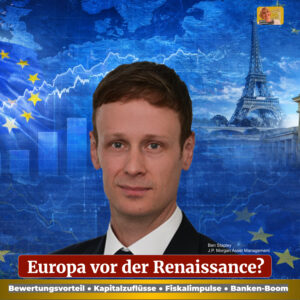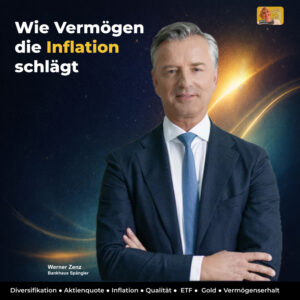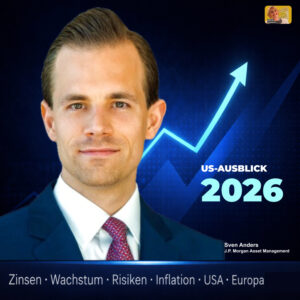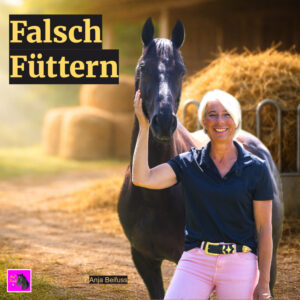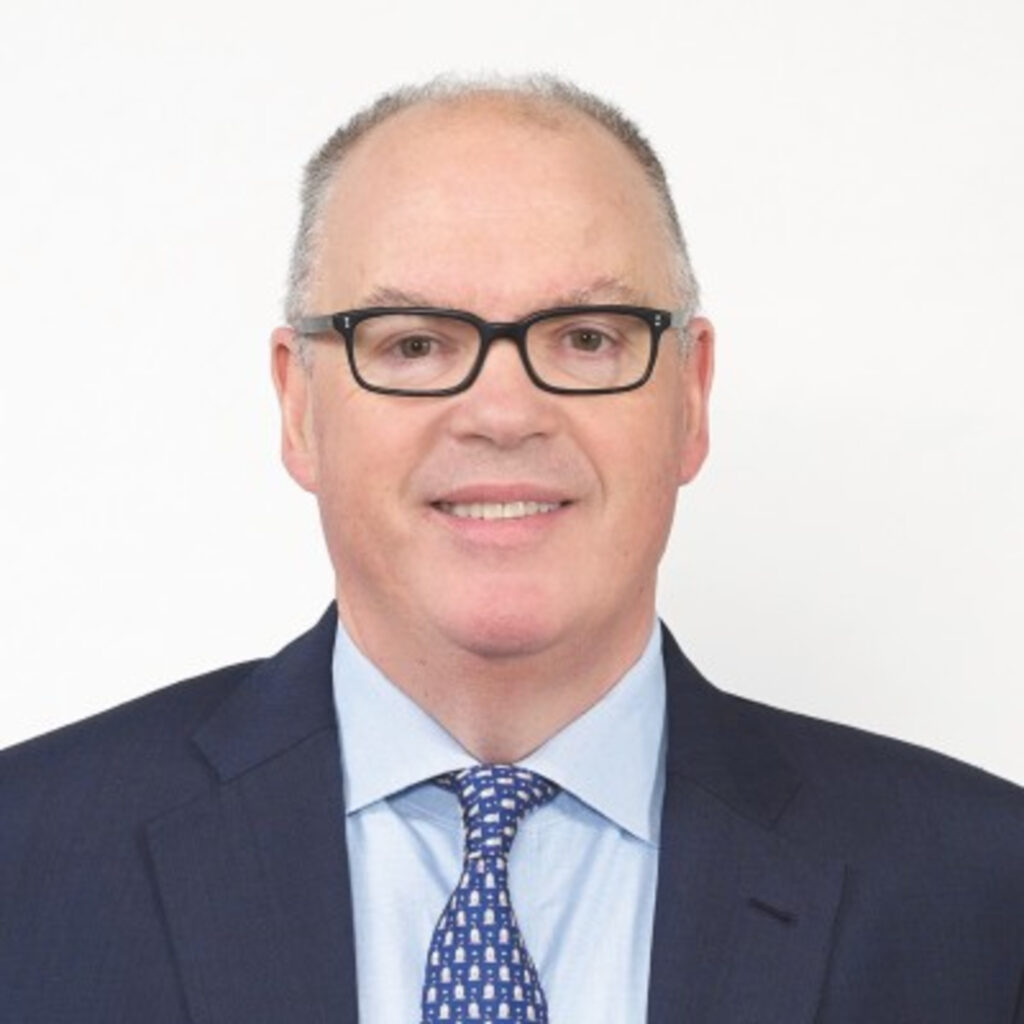
Sovereign wealth funds are increasingly investing in emerging markets. The investment vehicles in the United Emirates in particular prefer India, with which they are already closely linked economically and whose mentality they know, explains Rod Ringrow, head of official institutions at Invesco.
In general, state-affiliated investors invested in bonds with shorter remaining terms this year than in 2023 and are paying more attention to the debts of borrowers and stocks.
Sovereigns'main concern this year is the geopolitical crises; in 2023 it was still inflation. Government investors around the world are increasingly paying attention to the climate neutrality of their investment portfolios. Where they don't invest is in Bitcoin.
In particular, the central banks of emerging countries are reducing the US dollar in their money reserves and increasing the proportion of physical gold. But they are also increasingly diversifying into other currencies such as sterling, yen or Australian dollars in order to not make themselves so politically dependent on the USA. In the short term, however, you would all continue to see only the US dollar as a safe haven.
The closer the central banks are geographically to China, the more likely they are to hold reserves in Chinese renminbi.
The classic sovereign wealth funds, which primarily serve as pension funds, achieve average annual returns of ten percent. Expert Rod Ringrow values sovereign wealth funds as stable, financially strong core investors.
You can hear more about what makes these powerful investors tick in this episode of GELDMEISTERIN.
Julia Kistner wishes you a lot of listening pleasure.
Music & sound rights: https:// http://www.geldmeisterin.com/index.php/musik-und-soundrechte/
Risk warning: These are not investment recommendations. Julia Kistner and her podcast guest assume no liability.
#Stocks #Bonds #sovereigns #reserves #Podcast #Invest
Photo: Invesco
